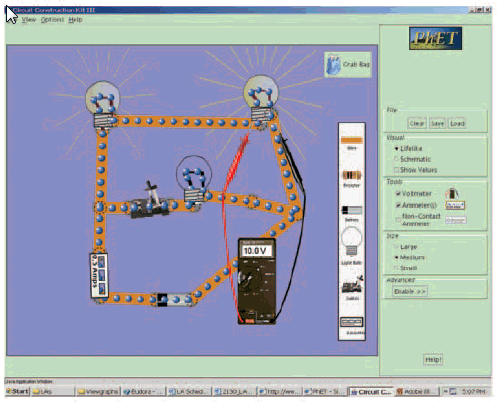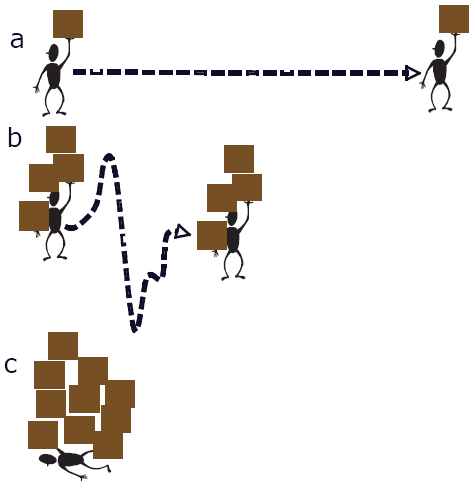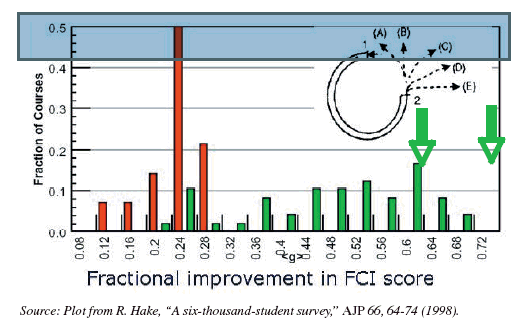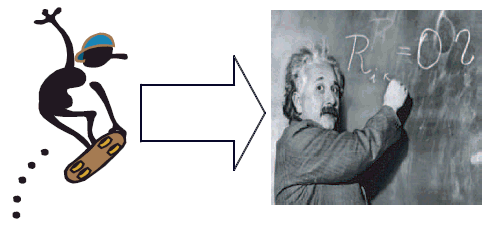 A Scientific Approach To Science Education - Technology And Institutional Change
A Scientific Approach To Science Education - Technology And Institutional ChangeContinued from A Scientific Approach to Science Education - Beliefs, Guided Thinking And Technology....
 A Scientific Approach To Science Education - Beliefs, Guided Thinking And Technology
A Scientific Approach To Science Education - Beliefs, Guided Thinking And TechnologyLast time I discussed reducing cognitive load in a new approach to scientific education:Some ways...
 A Scientific Approach To Science Education - Reducing Cognitive Load
A Scientific Approach To Science Education - Reducing Cognitive LoadContinued from Part 2, A Scientific Approach to Science Education - Research On LearningOn average...
 A Scientific Approach To Science Education - Research On Learning
A Scientific Approach To Science Education - Research On LearningContinued from Part 1, Why Not Try A Scientific Approach To Science Education?In a traditional...






